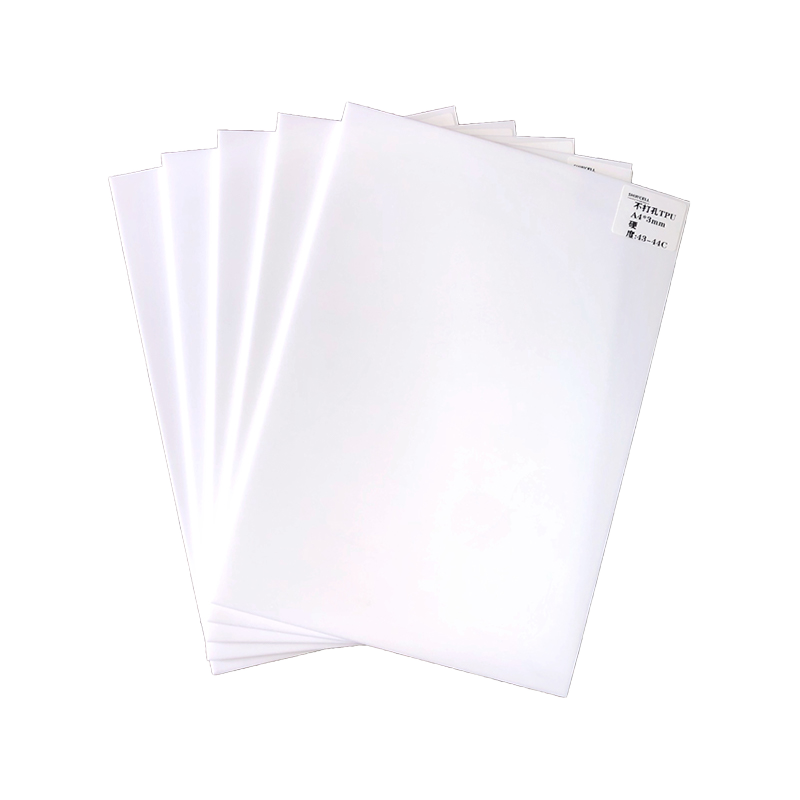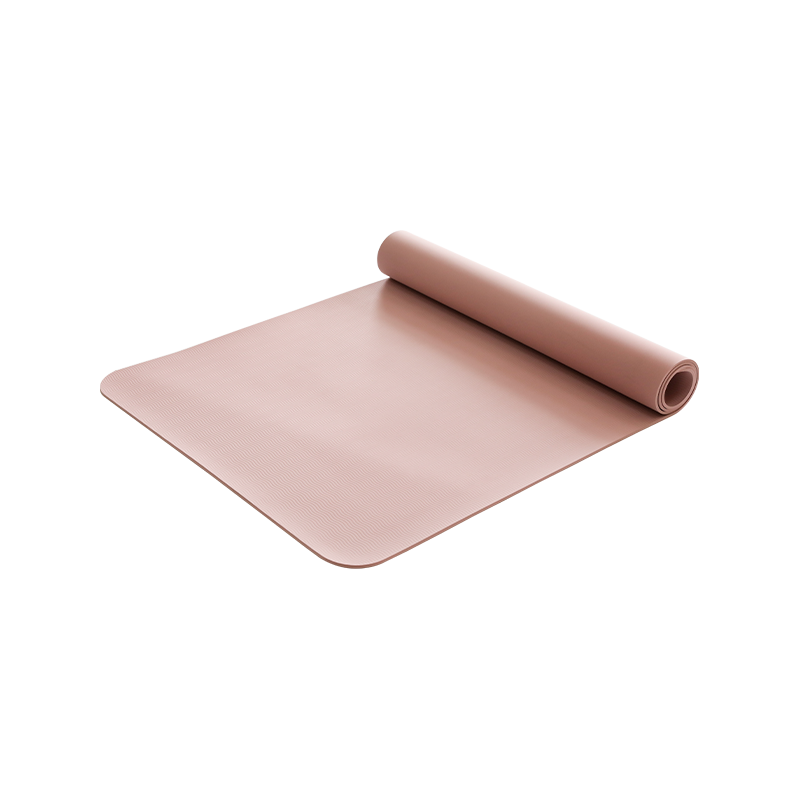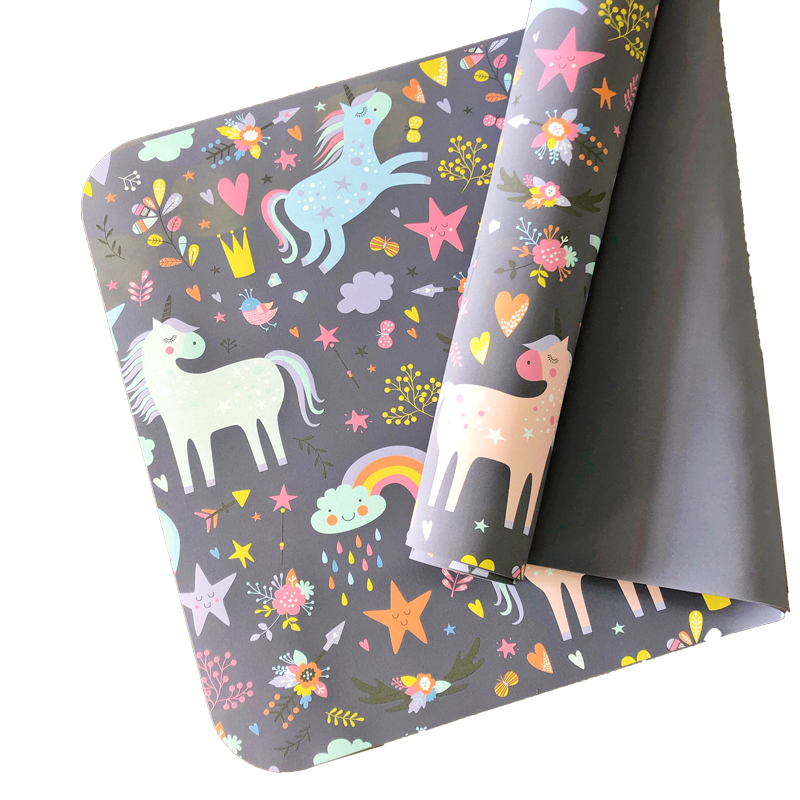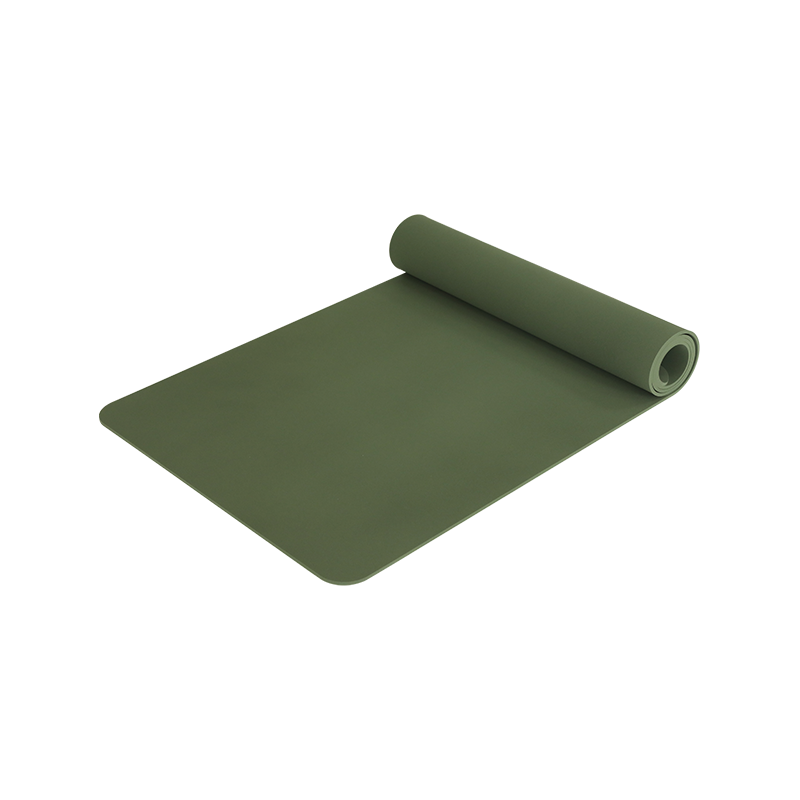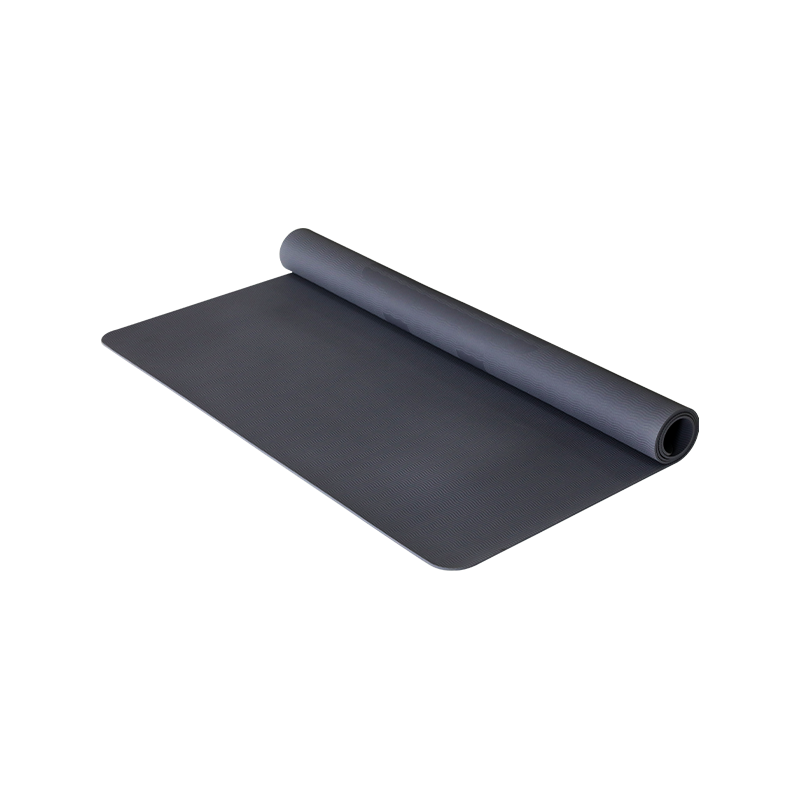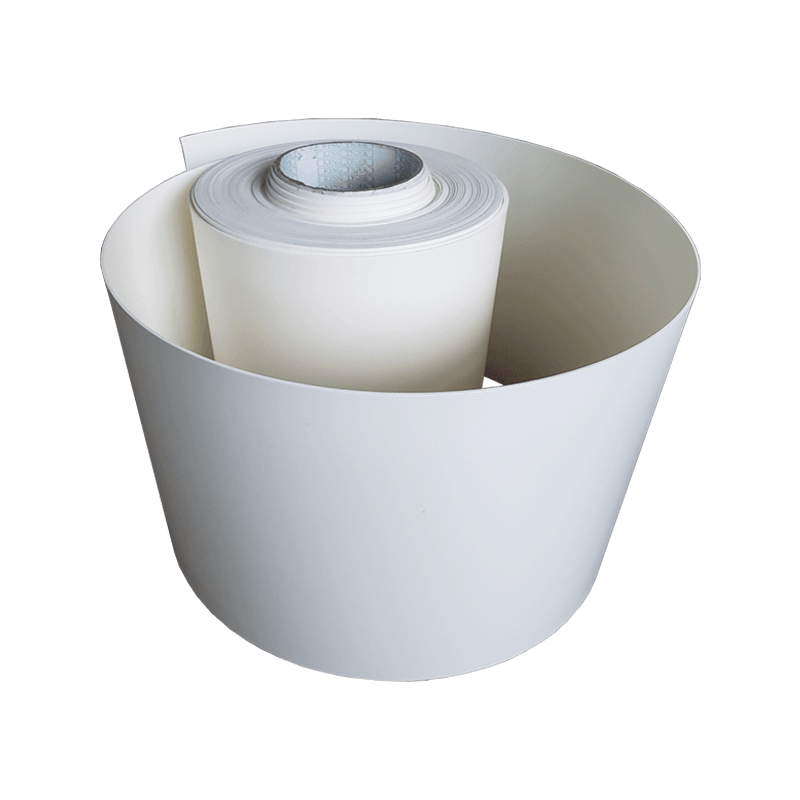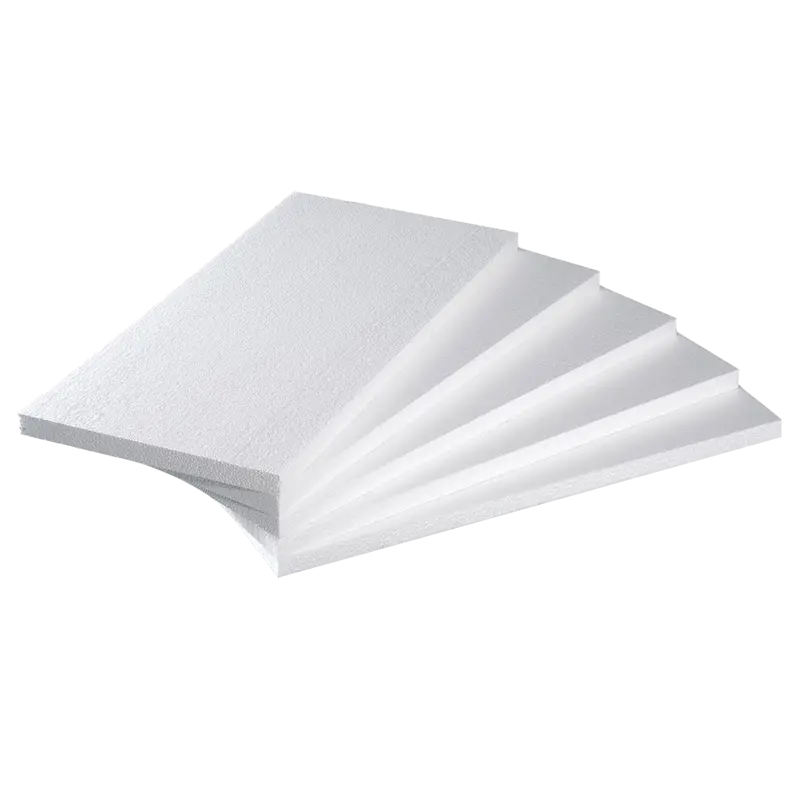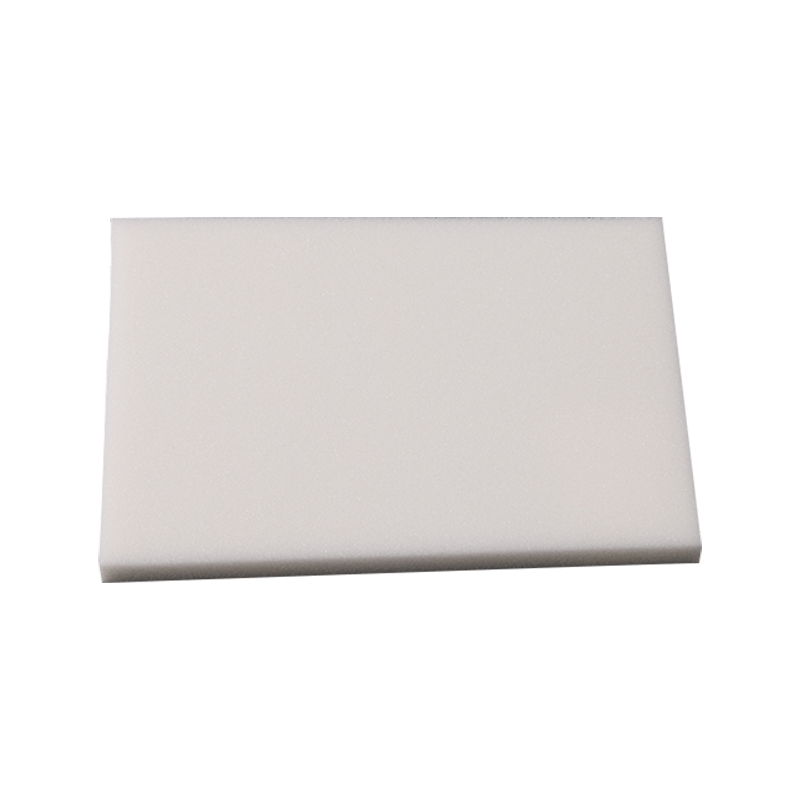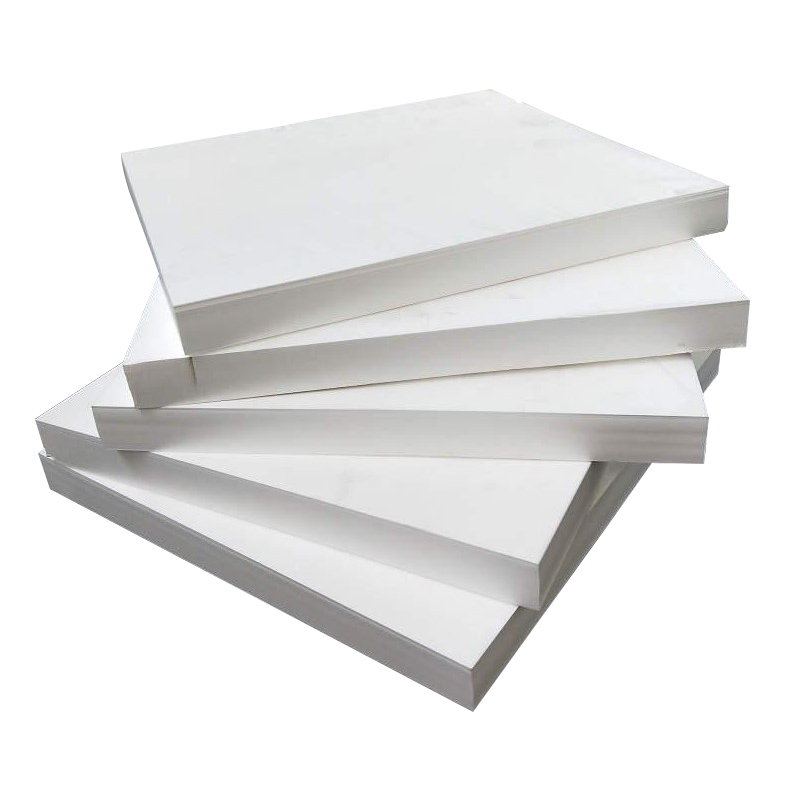Home / News / What Should Buyers Look for in a PVDF Foam Sheet Manufacturer?
Selecting a reliable manufacturer is the single most critical decision a buyer makes when sourcing pvdf foam sheet. This material, renowned for its exceptional durability, weather resistance, and aesthetic qualities, is a significant investment. The choice of manufacturer directly influences not only the initial quality and performance of the material but also the long-term success of the projects it is used in, from large-format outdoor signage to intricate marine interiors. A substandard pvdf foam sheet can lead to catastrophic failures, including delamination, color fading, warping, and structural compromise, resulting in costly replacements, damaged reputations, and dissatisfied end-clients. Therefore, buyers must move beyond simply comparing price per sheet and delve into a thorough evaluation of the producer’s capabilities, philosophy, and support systems.
Core Manufacturing Capabilities and Technical Expertise
The foundation of a superior pvdf foam sheet lies in the manufacturer’s technical prowess and control over the production process. This encompasses everything from raw material selection to the final winding of the finished roll.
A paramount factor is the manufacturer’s formulation expertise. A pvdf foam sheet is not a simple monolithic material; it is a sophisticated composite. The core typically consists of a rigid foam, often PVC-based, which is then co-extruded or laminated with a cap layer of pure PVDF resin. The quality and ratio of these raw materials are crucial. Reputable manufacturers use high-grade, primary raw materials rather than recycled content, which can introduce impurities and inconsistencies affecting the sheet’s long-term stability and performance. The thickness and integrity of the PVDF cap layer are especially critical, as this layer is responsible for the sheet’s renowned UV resistance and self-cleaning properties. Buyers should inquire about the percentage of PVDF in the cap layer; a higher content typically correlates with better performance.
The production process itself must be scrutinized. Advanced, computer-controlled extrusion lines are a sign of a manufacturer committed to precision and consistency. These systems maintain exact temperatures, pressures, and line speeds, ensuring every batch of pvdf foam sheet has uniform cell structure, density, and thickness across its entire width and length. Consistency is the hallmark of quality; it means that a sheet from a production run six months from now will behave identically to the sheet used today, which is vital for large or multi-phase projects. Furthermore, manufacturers with in-house compounding capabilities—where they create their own proprietary foam formulations—demonstrate a deeper level of technical mastery and quality control compared to those who simply purchase pre-compounded resin.
Finally, a manufacturer’s investment in its Research and Development (R&D) department is a strong indicator of its commitment to innovation and future-proofing its products. The market for rigid foam sheets is competitive, and end-user demands evolve. An active R&D division works on improving existing products, such as enhancing fire-retardant properties, developing new sizes or thicknesses, improving sustainability, or creating sheets with even greater formability. Partnering with a manufacturer that prioritizes R&D ensures access to the latest advancements in pvdf foam sheet technology.
Certifications, Quality Control, and Consistency
A manufacturer’s claims about quality are only as credible as the third-party certifications and rigorous internal quality control processes that back them up. Certifications provide an objective, verifiable benchmark for product performance and manufacturing standards.
One of the most critical certifications to look for pertains to fire safety. Different regions have different fire codes and standards. A globally oriented manufacturer will have its pvdf foam sheet tested and certified to a range of these standards, such as the B-s1, d0 classification under the European Euroclass system, or a Class A rating according to ASTM E84 in the United States. These certifications are not merely paperwork; they are hard evidence that the material has been tested in accredited laboratories and meets stringent safety requirements for specific applications, particularly in public spaces, transportation, and construction.
Beyond fire safety, environmental and management system certifications are equally important. ISO 9001 certification demonstrates that the manufacturer has a documented Quality Management System (QMS) in place, ensuring consistent operations and continuous improvement. ISO 14001 certification indicates a commitment to environmental management, minimizing the ecological impact of the manufacturing process. For buyers concerned with sustainability, certifications like an Environmental Product Declaration (EPD) provide transparent, verified data about the product’s life-cycle environmental impact.
However, certifications are the result of a process, not the process itself. The day-to-day assurance of quality comes from a robust internal Quality Control (QC) regime. Buyers should seek manufacturers that employ a multi-stage QC protocol. This typically includes:
- Incoming Raw Material Inspection: Verifying the quality of all resins and additives before they enter the production line.
- In-Process Controls: Continuous monitoring of key parameters (thickness, density, width, surface quality) during extrusion.
- Final Product Testing: Thorough testing of finished rolls for critical properties like mechanical strength, color fastness, surface hardness, and dimensional stability.
A transparent manufacturer will be willing to share its QC protocols and provide test certificates with each batch, giving buyers confidence in the material they are receiving.
Product Range and Customization Options
While consistent quality is non-negotiable, the ability to meet diverse project needs is what separates a good manufacturer from a great partner. A comprehensive product portfolio indicates a deep understanding of the market and its various applications.
The standard range of any pvdf foam sheet manufacturer should include a variety of thicknesses, typically from 3mm up to 15mm or more, and standard sheet sizes, most commonly 4ft x 8ft and 5ft x 10ft. However, a truly service-oriented manufacturer will offer significant flexibility beyond these standards. The availability of custom sheet sizes, or the option to supply material on large-format rolls for specific CNC routing and printing equipment, is a significant advantage for large-scale fabricators.
The range of available colors and finishes is another key differentiator. While a standard selection of white, black, and metallic finishes is common, manufacturers with advanced color mastery can offer a much wider palette, including custom color matching to specific Pantone or RAL codes. This is essential for corporate branding projects where color accuracy is paramount. Furthermore, surface finishes—such as gloss, matte, linen, or embossed textures—add another dimension of aesthetic flexibility, allowing designers to achieve specific visual and tactile effects.
Perhaps the most valuable customization option is the ability to provide pre-finished products. This includes sheets with pre-applied adhesive systems, either pressure-sensitive or heat-activated, which streamline the fabrication process for sign shops and installers. Another value-added service is the supply of digital printing-ready sheets. These are engineered with a specially treated surface optimized to accept solvent, UV, or latex inks, ensuring superior adhesion, vibrant color reproduction, and durability of the printed image. By offering these tailored solutions, a manufacturer moves from being a simple material supplier to an integral part of the buyer’s production chain, adding efficiency and value.
Technical Support, Customer Service, and Logistics
The relationship with a manufacturer does not end at the point of sale. The level of support provided before, during, and after a purchase is a critical component of the overall value proposition and directly impacts a buyer’s operations and project timelines.
Exceptional technical support is perhaps the most underrated yet vital service. A manufacturer’s technical team should be readily accessible to answer complex questions about material properties, recommended fabrication practices, and application-specific advice. For instance, they should provide clear guidance on the optimal blade types and speeds for cutting, the best practices for welding and bonding, and the limitations of thermoforming. They should also be able to provide detailed technical data sheets (TDS) and material safety data sheets (MSDS) for every product. This level of support helps fabricators avoid costly mistakes and achieve the best possible results with the material.
Customer service excellence is demonstrated through responsiveness, transparency, and reliability. This includes providing accurate and detailed quotations, clear lead times, and proactive communication regarding order status and any potential delays. An efficient and user-friendly process for handling samples is also a good indicator of a customer-centric operation. Buyers should be able to easily request material samples for testing and evaluation before placing a large order.
Finally, logistical capabilities are a practical necessity. The manufacturer must have a robust supply chain and distribution network to ensure timely delivery, which is often critical to project schedules. This includes reliable packaging that protects the sheets from damage, moisture, and dirt during transit. For international buyers, the manufacturer’s experience with export documentation, international shipping regulations, and incoterms is essential for a smooth and hassle-free import process.
| Aspect to Evaluate | Key Questions for the Buyer to Ask | What to Look For |
|---|---|---|
| Technical Expertise | What is the composition of the cap layer? Do you compound your own resins? | Use of primary raw materials, proprietary formulations, advanced extrusion lines. |
| Certifications | Can you provide fire certificates for my region (e.g., Euroclass, ASTM)? Are you ISO 9001 certified? | B-s1, d0, Class A fire ratings, ISO 9001/14001, EPDs. Batch-specific test certificates. |
| Product Range | Do you offer custom sizes or colors? Can you supply material on rolls? | Wide range of thicknesses, custom color matching, various finishes, roll stock availability. |
| Technical Support | Can I get guidance on bonding techniques for my specific application? | Responsive technical team, detailed TDS/MSDS, fabrication guides, problem-solving support. |
| Logistics | What is your standard packaging? What are your lead times for international orders? | Secure, protective packaging, reliable lead times, experience with international export. |


 English
English
 Español
Español

 ++86-0512-66079229
++86-0512-66079229
